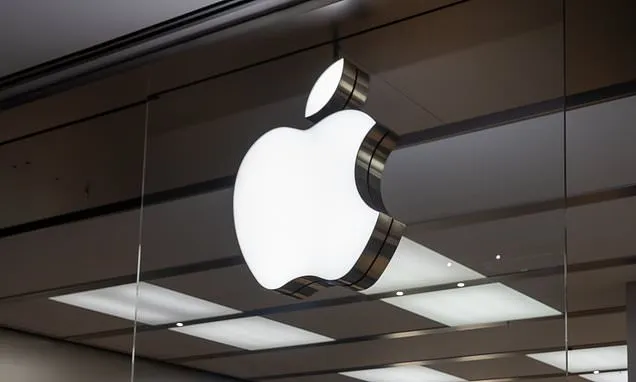They were two of the most talked-about tech devices of their time. But Apple has classed two of its popular iPhones as 'vintage' - not even a decade after their release. The iPhone 7 Plus, released in 2016, and iPhone 8, released in 2017, have officially been added to the tech giant's 'vintage' products list.
And unlike a trendy pair of jeans or a rare vinyl record, 'vintage' doesn't necessarily mean you'll be able to sell them for large amounts online. In fact, if you still own a iPhone 7 Plus or an iPhone 8, it means you may not be able to get it repaired by Apple if and when it breaks. Meanwhile, two further Apple products have gone from the vintage list to the dreaded 'obsolete' list - signifying their days are nearly numbered. All Apple products progress through three categories - current, vintage, and obsolete.
Even the new iPhone 16 will become obsolete one day, consigning it to the great technology scrap heap. For many Apple fans, it won't feel like it was that long ago that the iPhone 8 and iPhone 7 Plus were released to a widely rapturous response. At the time of its release in 2017, MailOnline called the $699/£699 iPhone 8 'the best handset Apple has ever made' with its all-glass back and wireless charging.
Meanwhile, the iPhone 7 Plus from the year before, starting from $749/£719, had a 12-megapixel telephoto lens, a 5.5-inch screen, and controversially no headphone jack. Now, as noticed by MacRumors , all iPhone 7 Plus models, as well as 64GB and 256GB iPhone 8 models, have been newly added to the vintage list by Apple. The exceptions are the iPhone 8 128GB model which isn't included on the vintage list yet, while the (PRODUCT)RED iPhone 8 was already listed as vintage.
A 'vintage' product means Apple stopped selling it more than five years ago and as a result it may or may not be able to receive Apple services. Apple retail stores and Apple Authorised Resellers are still able to offer repairs for 'vintage' devices, but only if the required parts are available. Apple products will be 'vintage' for two years before they then become officially 'obsolete'.
Two more Apple products have graduated from the vintage list to the 'obsolete' list -the iPad Air 2 and the iPad Mini 2. The $499/£399 iPad Air 2, released in October 2014, was known for its remarkable slender profile at just 6.1mm - making it the thinnest tablet in the world at the time. And the iPad Mini 2 from 2013, starting at £319/$399, introduced a retina display to the Mini line while boosting processing power compared with its 2012 predecessor. Apple considers a product 'obsolete' when it stopped distributing it for sale more than seven years ago.
As Apple explains, an obsolete device has lost support and is no longer eligible for repair at an Apple Store or an authorised third-party service. Essentially it means if the product stops working Apple is not obliged to fix it - rendering it barely more than a relic from the past. Apple explains on its website: 'Apple discontinues all hardware service for obsolete products, and service providers cannot order parts for obsolete products.'
'Mac laptops may be eligible for an extended battery-only repair period for up to 10 years from when the product was last distributed for sale, subject to parts availability.'
Although Apple releases several devices to feverish fanfare every year, even more are quietly consigned to the technology scrap heap. Adam Engst, tech writer at Mac Business Solutions, said products in the vintage and obsolete categories 'are living on borrowed time'.
'It's easy to assume that Apple will fix whatever you bring in, but unfortunately, that's not the case,' he said.
'Apple has policies surrounding how long it guarantees to provide service and parts, which is reasonable.
'No one would expect Apple to repair a 128K Mac from 1984.'
But environmental campaigners believe a lifetime of less than a decade isn't reasonable for a tech device retailing for several hundreds of pounds. Tech companies including Apple have faced fierce criticism for fuelling an 'e-waste crisis', where piles of electronic waste are building up in landfill.
